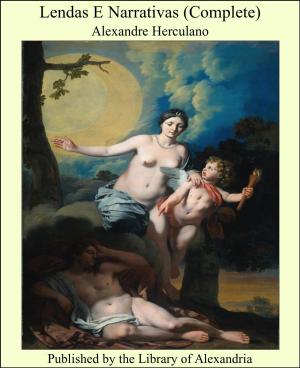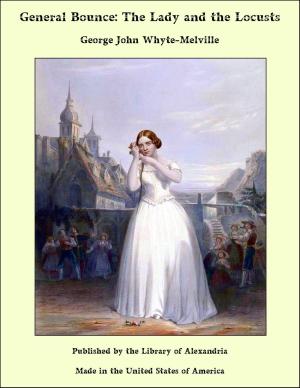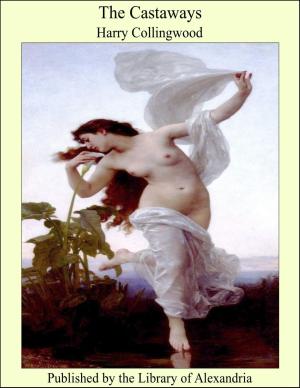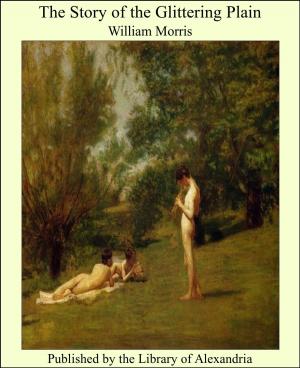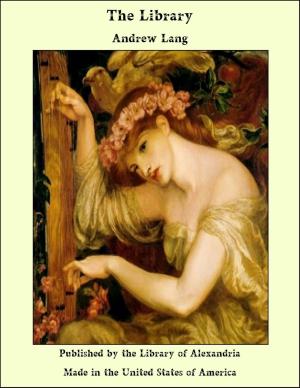Round the Sofa (Complete)
Nonfiction, Religion & Spirituality, New Age, History, Fiction & Literature| Author: | Elizabeth Cleghorn Gaskell | ISBN: | 9781465623072 |
| Publisher: | Library of Alexandria | Publication: | March 8, 2015 |
| Imprint: | Language: | English |
| Author: | Elizabeth Cleghorn Gaskell |
| ISBN: | 9781465623072 |
| Publisher: | Library of Alexandria |
| Publication: | March 8, 2015 |
| Imprint: | |
| Language: | English |
Long ago I was placed by my parents under the medical treatment of a certain Mr. Dawson, a surgeon in Edinburgh, who had obtained a reputation for the cure of a particular class of diseases. I was sent with my governess into lodgings near his house, in the Old Town. I was to combine lessons from the excellent Edinburgh masters, with the medicines and exercises needed for my indisposition. It was at first rather dreary to leave my brothers and sisters, and to give up our merry out-of-doors life with our country home, for dull lodgings, with only poor grave Miss Duncan for a companion; and to exchange our romps in the garden and rambles through the fields for stiff walks in the streets, the decorum of which obliged me to tie my bonnet-strings neatly, and put on my shawl with some regard to straightness. The evenings were the worst. It was autumn, and of course they daily grew longer: they were long enough, I am sure, when we first settled down in those gray and drab lodgings. For, you must know, my father and mother were not rich, and there were a great many of us, and the medical expenses to be incurred by my being placed under Mr. Dawson’s care were expected to be considerable; therefore, one great point in our search after lodgings was economy. My father, who was too true a gentleman to feel false shame, had named this necessity for cheapness to Mr. Dawson; and in return, Mr. Dawson had told him of those at No. 6 Cromer Street, in which we were finally settled. The house belonged to an old man, at one time a tutor to young men preparing for the University, in which capacity he had become known to Mr. Dawson. But his pupils had dropped off; and when we went to lodge with him, I imagine that his principal support was derived from a few occasional lessons which he gave, and from letting the rooms that we took, a drawing-room opening into a bed-room, out of which a smaller chamber led. His daughter was his housekeeper: a son, whom we never saw, was supposed to be leading the same life that his father had done before him, only we never saw or heard of any pupils; and there was one hard-working, honest little Scottish maiden, square, stumpy, neat, and plain, who might have been any age from eighteen to forty. Looking back on the household now, there was perhaps much to admire in their quiet endurance of decent poverty; but at this time, their poverty grated against many of my tastes, for I could not recognize the fact, that in a town the simple graces of fresh flowers, clean white muslin curtains, pretty bright chintzes, all cost money, which is saved by the adoption of dust-coloured moreen, and mud-coloured carpets. There was not a penny spent on mere elegance in that room; yet there was everything considered necessary to comfort: but after all, such mere pretences of comfort! a hard, slippery, black horse-hair sofa, which was no place of rest; an old piano, serving as a sideboard; a grate, narrowed by an inner supplement, till it hardly held a handful of the small coal which could scarcely ever be stirred up into a genial blaze.
Long ago I was placed by my parents under the medical treatment of a certain Mr. Dawson, a surgeon in Edinburgh, who had obtained a reputation for the cure of a particular class of diseases. I was sent with my governess into lodgings near his house, in the Old Town. I was to combine lessons from the excellent Edinburgh masters, with the medicines and exercises needed for my indisposition. It was at first rather dreary to leave my brothers and sisters, and to give up our merry out-of-doors life with our country home, for dull lodgings, with only poor grave Miss Duncan for a companion; and to exchange our romps in the garden and rambles through the fields for stiff walks in the streets, the decorum of which obliged me to tie my bonnet-strings neatly, and put on my shawl with some regard to straightness. The evenings were the worst. It was autumn, and of course they daily grew longer: they were long enough, I am sure, when we first settled down in those gray and drab lodgings. For, you must know, my father and mother were not rich, and there were a great many of us, and the medical expenses to be incurred by my being placed under Mr. Dawson’s care were expected to be considerable; therefore, one great point in our search after lodgings was economy. My father, who was too true a gentleman to feel false shame, had named this necessity for cheapness to Mr. Dawson; and in return, Mr. Dawson had told him of those at No. 6 Cromer Street, in which we were finally settled. The house belonged to an old man, at one time a tutor to young men preparing for the University, in which capacity he had become known to Mr. Dawson. But his pupils had dropped off; and when we went to lodge with him, I imagine that his principal support was derived from a few occasional lessons which he gave, and from letting the rooms that we took, a drawing-room opening into a bed-room, out of which a smaller chamber led. His daughter was his housekeeper: a son, whom we never saw, was supposed to be leading the same life that his father had done before him, only we never saw or heard of any pupils; and there was one hard-working, honest little Scottish maiden, square, stumpy, neat, and plain, who might have been any age from eighteen to forty. Looking back on the household now, there was perhaps much to admire in their quiet endurance of decent poverty; but at this time, their poverty grated against many of my tastes, for I could not recognize the fact, that in a town the simple graces of fresh flowers, clean white muslin curtains, pretty bright chintzes, all cost money, which is saved by the adoption of dust-coloured moreen, and mud-coloured carpets. There was not a penny spent on mere elegance in that room; yet there was everything considered necessary to comfort: but after all, such mere pretences of comfort! a hard, slippery, black horse-hair sofa, which was no place of rest; an old piano, serving as a sideboard; a grate, narrowed by an inner supplement, till it hardly held a handful of the small coal which could scarcely ever be stirred up into a genial blaze.
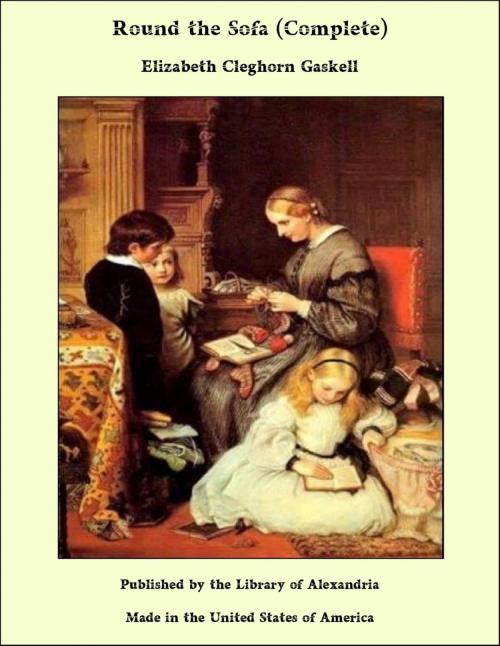
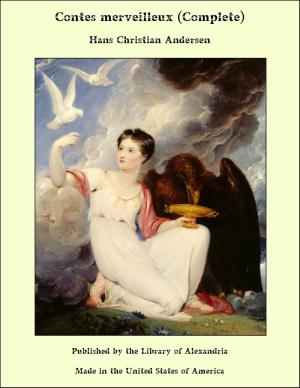




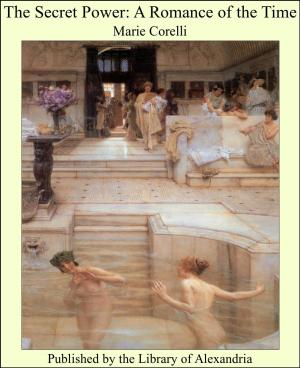
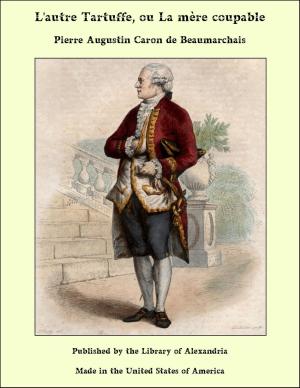
![Cover of the book Droll Stories [V. 2] by Elizabeth Cleghorn Gaskell](https://www.kuoky.com/images/2015/march/300x300/9781613101506-cTHn_300x.jpg)
